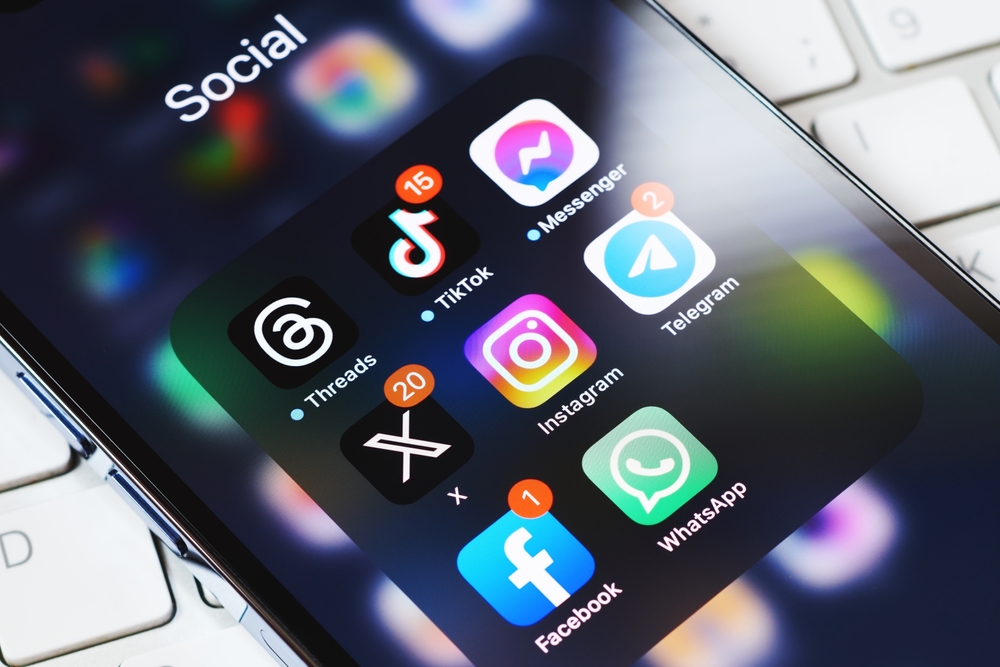New visa rules mean international students must open their social media accounts to U.S. officials.
Others are reading now
Foreign students who want to study in the United States will now have to make all their social media profiles public.
This is part of a new rule from the U.S. government meant to improve security checks.
The change affects anyone applying for F, M, or J visas—these are used for studying, training, and exchange programs.
According to The Guardian, American diplomats will check online posts to look for anything that shows “hostility toward the people, culture, government, institutions, or founding principles of the United States.”
Also read
If an applicant refuses to open their accounts, officials may assume they’re hiding something.
What Are Officials Looking For?
A second document, shared by Politico, says that visa officers should also report any support for terrorism or “illegal or violent anti-Semitic acts.”
These rules are similar to ones used by the Department of Homeland Security.
Some people say the policy is being used to silence critics of U.S. actions, especially in Gaza.
Civil rights groups and education experts worry that the rule could limit free speech and scare students away from studying in the U.S.
Why the Rule Was Introduced
A State Department official said the goal is to protect the American people.
“Citizens expect the government to do everything possible to keep them safe, and that’s what we’re doing,” the official said. He also thanked Senator Marco Rubio for helping push the changes.
Last month, the U.S. temporarily stopped issuing new student visas while it worked on this new social media check.
Now that the rule is in place, visa interviews can restart. But all students applying for visas must now allow full access to their social media.
The U.S. has also started doing extra checks on Chinese students, due to ongoing trade tensions. These new rules will likely make it harder for students from countries the U.S. sees as potential threats.


